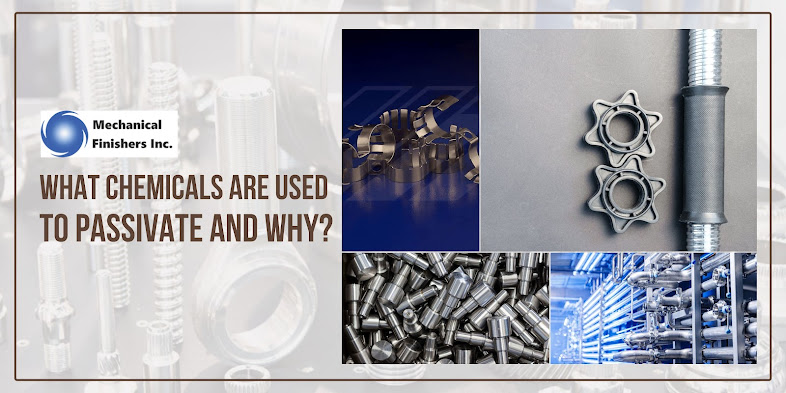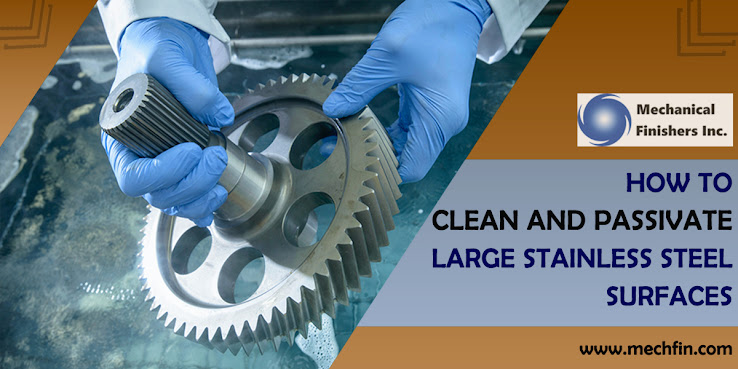What Chemicals Are Used to Passivate and Why?

In the realm of metal finishing, the process of passivation plays a crucial role in enhancing the corrosion resistance of metal components. At Mechanical Finishers Inc, we pride ourselves on offering top-notch Mechanical Finishing Services in Ohio, catering to the diverse needs of industries relying on optimal metal performance. In this comprehensive guide, we delve into the chemicals employed in passivation and elucidate the reasons behind their usage. I. Decoding Passivation: An Overview What is Passivation? Passivation is a meticulously engineered process aimed at enhancing the corrosion resistance of metals, especially stainless steel. This electrochemical treatment forms a protective layer on the metal surface, mitigating the impact of environmental factors, and ensuring the longevity of the material. II. The Chemical Arsenal: Key Components in Passivation 1. Citric Acid Citric acid stands as a formidable force in the passivation process. Its chelating properties make it adept at...
